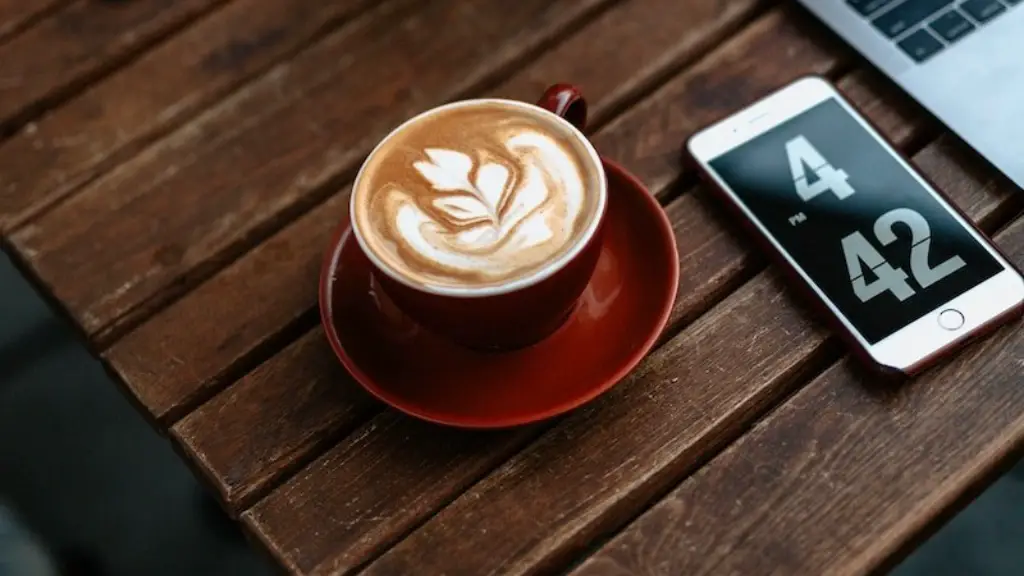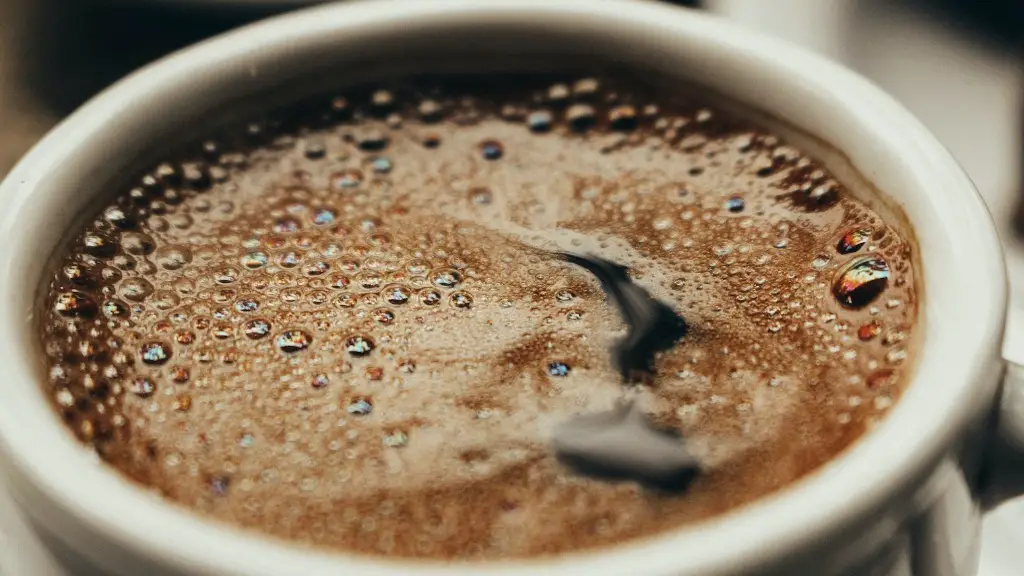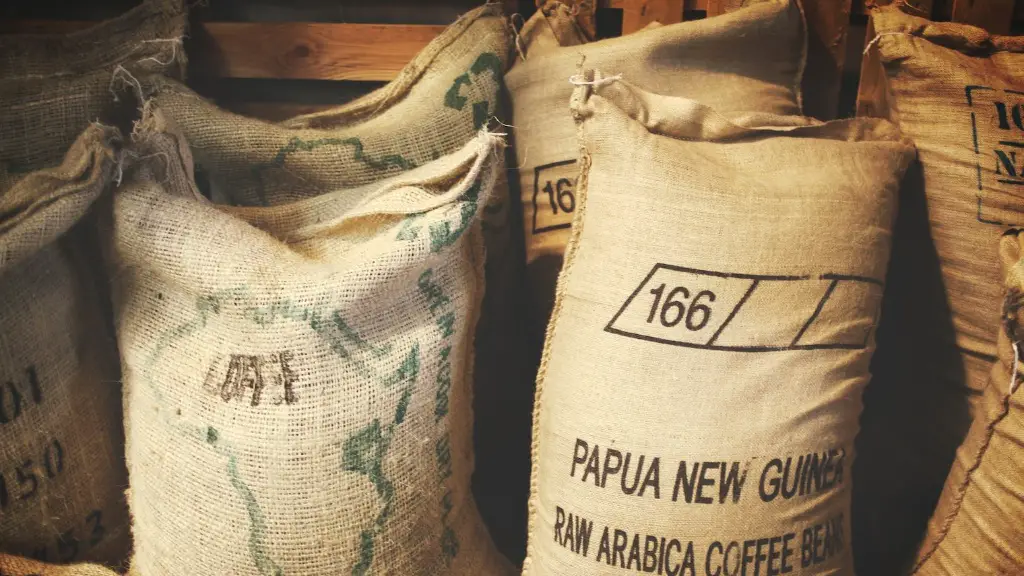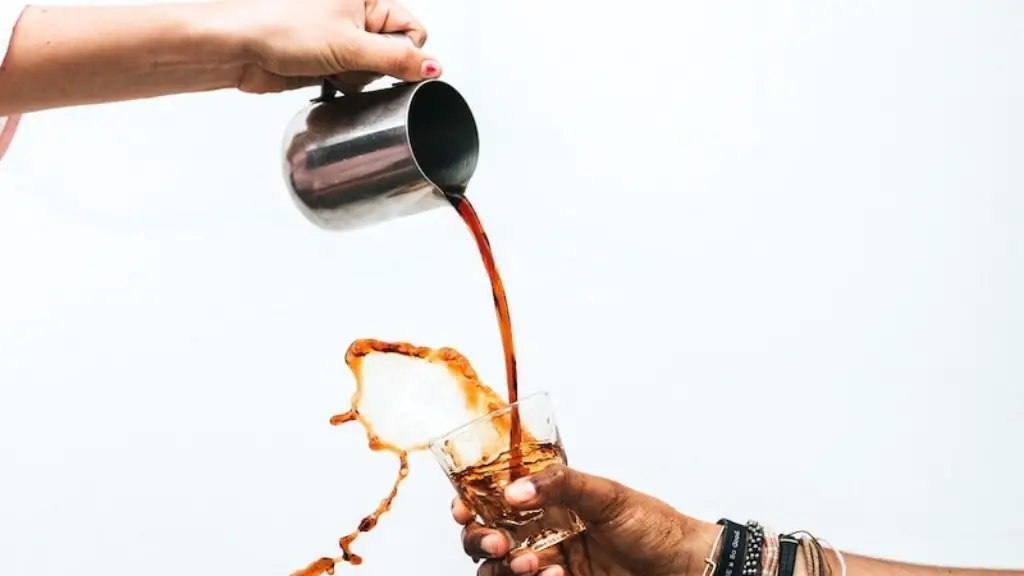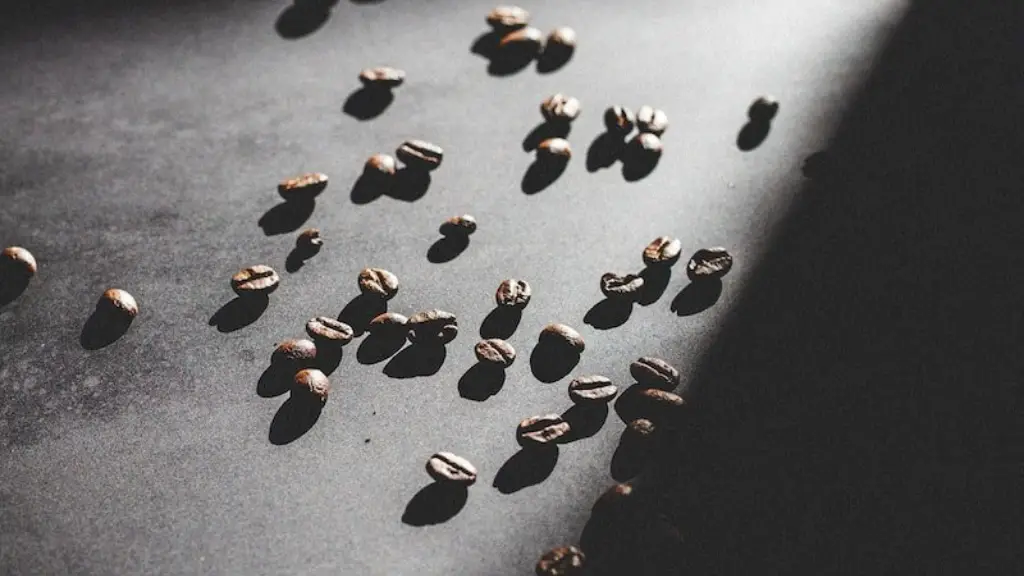For many of us, there is nothing quite like the moment in the morning when we pour ourselves a cup of tasty coffee. However, our daily caffeine needs don’t always arise from a mug, and this is especially true for millennials and younger generations who have recently embraced energy drinks as an alternative to their morning brew. This begs the question: what is better, coffee or energy drinks?
Nutrition experts may tell us what is good for us, but when it comes to the daily question of caffeine, the answer is far from straightforward. Caffeine is a stimulant, and both beverages contain varying amounts, depending on the type and brand.
An average cup of coffee contains around twice the amount of caffeine as an energy drink, anywhere from 95-200mg, while an energy drink generally contains around 50-80mg of caffeine. While the caffeine content of both drinks is higher than what is recommended for healthy adults, the dose found in coffee may be less desirable depending on individual limits and health conditions.
For people eager for a pick-me-up, the choice between coffee and energy drinks will largely depend on their lifestyle and needs. Coffee drinkers can choose from a variety of brewing methods, the most popular being the classic French press and cold brew. Coffee also contains lesser-known compounds like antioxidants and minerals, which are thought to have health benefits. Energy drinks on the other hand typically contain a cocktail of caffeine, sugar and other stimulants, making them a preferable source of an energy boost when in a hurry.
However, choosing between the two is not just about caffeine kick. Depending on the situation and personal preferences, the taste and aroma of a cup of coffee may be preferred over the sweet and zingy taste of an energy drink. Additionally, some drinkers may be put off by the chemicals used in energy drinks, favoring coffee as it is closer to nature.
Further complicating the conversation is the rise of many specialty coffee products which now mimic energy drinks and vice versa. The classic energy drinks have been replaced with trendy, naturally sourced variants, leading to the emergence of coffee-based energy drinks and coffee-infused energy drinks that mix coffee with energizing ingredients. It can be difficult to decide what is best for an individual depending on their needs.
Taste & Flavor Profile
When it comes to taste and flavor profiles, coffee clearly stands out. Coffee is brewed with water and contains a wide variety of flavor compounds, both naturally occurring and added. On the flip side, energy drinks contain a handful of artificial ingredients like sugar and artificial sweeteners, as well as a mix of energy-giving stimulants that some prefer to coffee’s natural stimulant.
In terms of taste, traditional energy drinks tend to have a very sweet and artificial taste, while coffee’s flavor profile changes drastically depending on the type of coffee beans used and the brewing method.
Coffee can be light and fruity, floral and fragrant, or dark and robust. Coffee beans are grown in different soils, climates, and under different conditions, leading to different characteristics and flavor profiles. It is entirely possible to find coffee beans with tastes and aromas to suit any palate.
Energy drinks, on the other hand, are typically created in a lab, with ingredients chosen for their stimulant and flavor effects rather than their natural flavor. This can lead to a less authentic taste, although there has been an uptick in healthier, naturally flavored varieties.
Caffeine Content
Caffeine is the main active ingredient in both coffee and energy drinks, and it is responsible for both beverages’ energizing effects. Caffeine works by blocking the effects of adenosine, a neurotransmitter which makes us more tired by lulling our brain into a deep sleep. Blocking adenosine helps to keep us alert and energized.
However, while both coffee and energy drinks contain caffeine, they have very different caffeine contents. Coffee contains much higher levels of caffeine than energy drinks, often containing double or more the amount. One 8-ounce cup of coffee may contain anywhere from 95-200mg of caffeine, while energy drinks typically contain between 50-80mg.
This is important to note when trying to decide which to choose, as drinking too much caffeine can have negative side effects, as well as risking dependence. While caffeine is safe in moderate levels, high doses in energy drinks can lead to nausea and heart palpitations. High doses of coffee can also lead to unpleasant side effects such as jitteriness.
Sugar Content
Sugar and other artificial sweeteners are often added to energy drinks to make them more palatable and give an extra boost of energy. While this can be beneficial when consumed in moderation, high sugar content can lead to an abrupt crash and feelings of lethargy and fatigue.
Most energy drinks contain anywhere from 10-20g of sugar per 8-ounce can, compared to the 9g of sugar in a cup of coffee. However, it is important to note that energy drinks typically contain high fructose corn syrup, a kind of artificial sweetener, which can lead to an even bigger crash and is thought to be less healthy than natural sugars.
Another downside of energy drinks is that it can be difficult to moderate how much sugar is consumed, as it can be difficult to be precise when adding powder mixes or artificial sweeteners to drinks. Coffee, on the other hand, can easily be adjusted to be made just the way you like it, no matter how much or how little sugar you wish to have in it.
Health Benefits
When it comes to health benefits, coffee is widely celebrated as being a powerhouse of natural antioxidants, such as polyphenols, which are thought to help reduce inflammation and fight disease. Coffee is also rich in essential minerals like magnesium, calcium, and potassium, as well as being a source of dietary fiber.
Energy drinks, on the other hand, do not contain the same natural antioxidants and minerals as coffee, and are instead often loaded with added sugar, artificial sweeteners, and other stimulants. As a result, most of the health benefits provided by energy drinks come from the caffeine content, which can help to increase alertness and focus and increase metabolism.
It is also important to note that the high levels of caffeine and sugar found in energy drinks can be dangerous if consumed in large amounts. As a result, most health experts don’t recommend them for everyday consumption and suggest moderating intake even when it comes to coffee.
Overall Consensus
Ultimately, choosing between coffee and energy drinks comes down to a personal preference. While coffee provides natural antioxidants and minerals, energy drinks have the upper hand in terms of caffeine content and convenience.
The best course of action is to make an informed decision. Consider the source of the caffeine, the taste and flavor profile, the caffeine and sugar content, as well as the potential health benefits of each beverage to decide which one is best for you.
